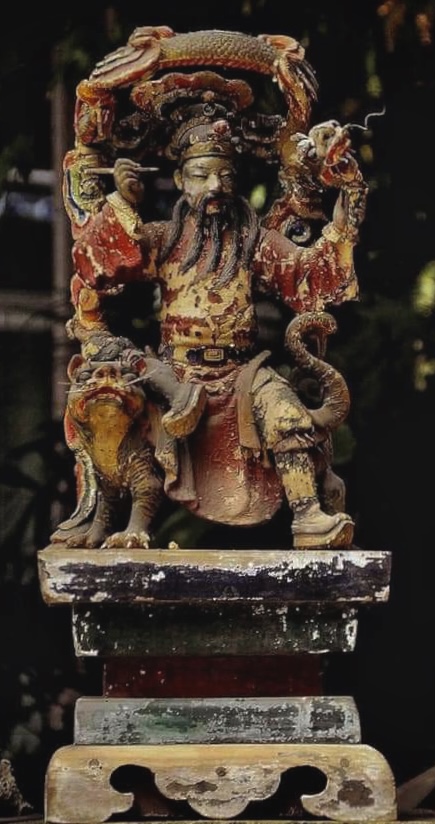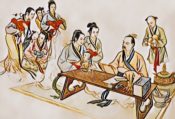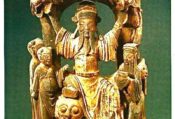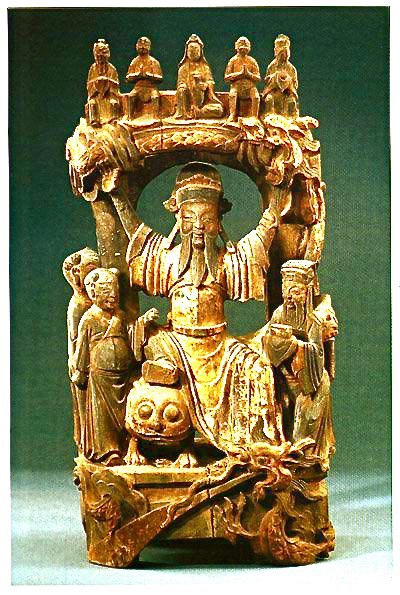✍️Wendy Brown, Lic. Ac.

• S/he does not ponder fortune or misfortune of self, above preserving life and having compassion for it.
• By no means should there arise an attitude of rejection. Sympathy, compassion, and care should develop for whoever suffers from conditions looked upon with contempt by people.
• Treat all patients alike, whether powerful or humble, rich or poor, old or young, beautiful or ugly, resentful relatives or kind friends, locals or foreigners, fools or wise men.
• Neither dangerous mountain passes nor the time of day, neither weather conditions nor hunger, thirst nor fatigue should keep her/him from helping wholeheartedly.
• S/he makes a dignified appearance, neither luminous nor somber.
• It is not permissible to be talkative and make provocative speeches, make fun of others, raise one’s voice, decide right from wrong, and discuss other people and their business.
• The wealth of others should not be the reason to prescribe precious and expensive treatments. The object is to help.
• It is inappropriate to emphasize one’s reputation, belittle other physicians, and praise one’s virtue. Indeed, in actual life someone who has accidentally healed a disease then strides around with head held high, showing conceit, and announcing that no one in the entire world could have measured up to yield such results; underscoring one’s own merits and abilities. Such conduct has to be regarded as contrary to the teachings of magnanimity. In this respect, all physicians are, evidently, incurable!








